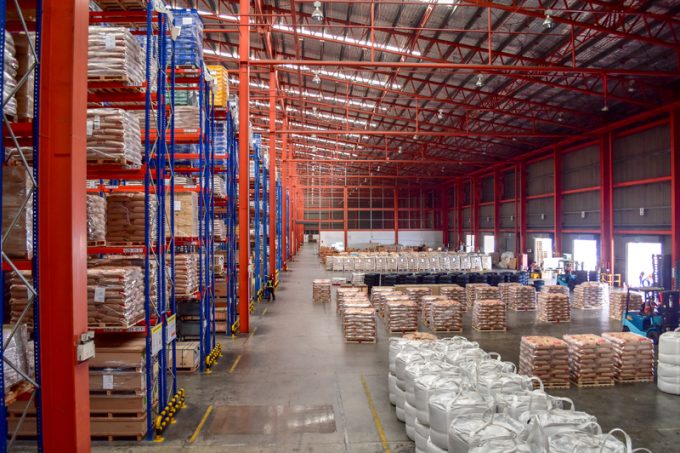Asia-Europe FAK price hikes manage to halt 13-week rate decline
This week’s FAK rate hikes introduced by carriers on the Asia-Europe trades managed to arrest ...

UK online retailers targeting the US market are to face a dramatic increase in transatlantic shipping costs next week, following changes to the Universal Postal Union (UPU) international postal rates.
And this has led some logistics operators to issue renewed calls for e-commerce exporters to the US to reconsider the use of US-based fulfilment facilities.
Last year, the US threatened to withdraw from the UPU, a move averted after an eleventh-hour agreement that it would be able to set its own terminal ...
Volcanic disruption at Anchorage could hit transpacific airfreight operations
Macron calls for ‘suspension’ – CMA CGM's $20bn US investment in doubt
Forwarders stay cool as US 'liberation day' tariffs threaten 'global trade war'
Shippers snap up airfreight capacity to US ahead of tariff deadline
De minimis exemption on shipments from China to the US will end in May
Tighter EU import requirements proving 'a challenge' for forwarders
Looming Trump tariffs will create 'a bureaucratic monster' for Customs

Comment on this article